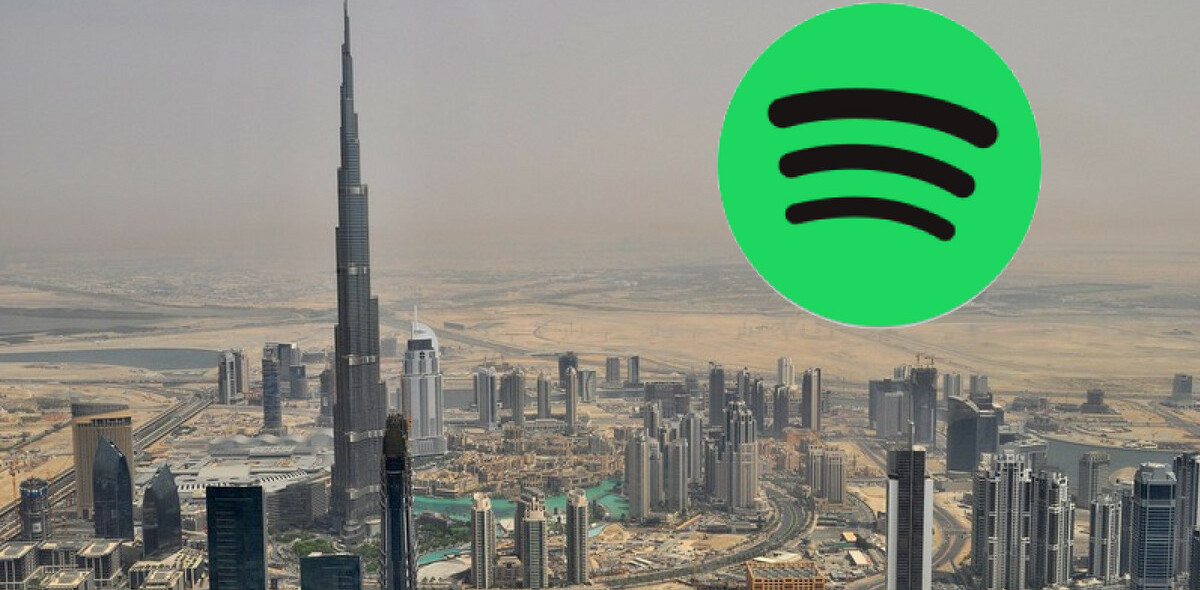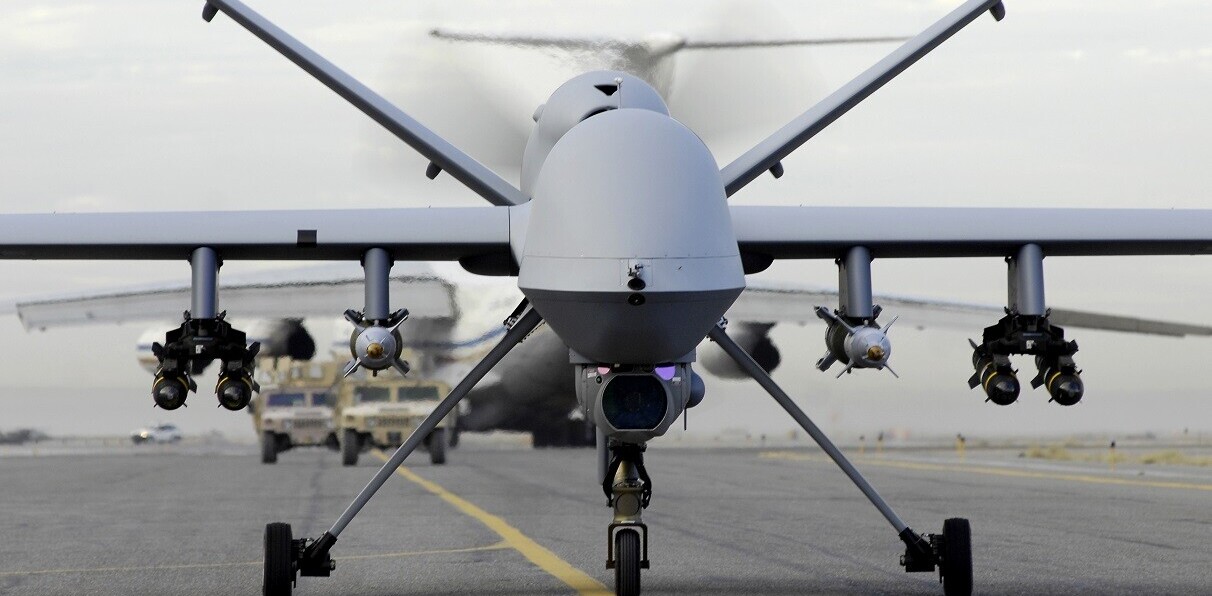
IntaFeen is an Egypt-based alternative to Foursquare, available for iPhone, Android, Blackberry and Nokia users. The app is one of many projects coming out of Wireless Stars, a 6 man team of Egyptians who left Silicon Valley in favour of returning to Alexandria and putting down roots. We caught up with Wael Nafee, the Head of Mobile Development at Wireless Stars’, and a former Aptina Imaging employee, to find out more about Wireless Stars, their first project, IntaFeen, and their future plans for the company.
Wireless Stars
Wireless Stars brings quite a bit of talent and experience under one roof. Dr. Maged Ghoneima, one of the co-founders and General Manager, has 10 years experience at companies including Mentor Graphics, Intel and nVIDIA. Dr. Ghoneima was joined by Dr. Adel Youssef, a former Google employee, who also happens to have founded the LBS team at Google and was the main architect behind Google’s My Location service, in founding the company, where he is now CEO of Wireless Stars. The rest of the team, Dr. Mohamed Abdelhafiz, Ahmed El Helw, Wael Nafee and Hisham Said, bring with them experience from Silicon Valley companies including AdMob.
“We’re all Egyptians who decided to come back and do something,” Nafee explained. Following the Egyptian uprising, there have been several examples of Egyptians living abroad who have decided to return to the country, in an attempt to use their expertise to benefit the country. Wireless Stars is the epitome of that spirit. “We all came at a strange time, but we’re committed. We’ve got to give something to our country. We want to improve the situation. We want to help people realize, if you graduate as a computer engineer – you won’t have to work in an IT department fixing computers. You can do something creative.”
Bringing the check-in culture to Egypt
Asking Nafee how it all got started, he explained. “Check-in services in general are becoming really popular but it’s not quite picking up in the Arab world as much as in other places. We are trying to figure out why, because there’s a lot of potential for services that can be delivered to customers – social, business, discounts. But people just don’t check in, and part of it is because the check-in culture doesn’t exist in the Arab world.”
Wireless Stars found themselves researching the reasons behind the check-in service not taking off in the region, and Nafee tells us what they found. “If you look at the majority of people here, they don’t have smartphones. They aren’t using the phone for more than talking. So we thought how do we solve that? IntaFeen has been released for most major mobile operating systems – Symbian, Blackberry, iPhone and Android – in order to reach the largest possible user base. Your phone shouldn’t be the problem.”
With operating systems out of the way, they had to face a much bigger problem, the fact that most Egyptians use feature phones, most of which don’t have GPS. An example of innovation at its very best, Wireless Stars built the technology themselves. “We had to build our own location platform – it can figure out the location of the phone without the phone having any GPS capability. It will give you a rough location – as close as the nearest cell tower is. It took us a long time to get it up and running, but it’s working and its functional and works on any Nokia phone that doesn’t have GPS.
In Egypt, data plans continue to be costly, and this was another issue Wireless Stars had to take into consideration. “People are not used to having data plans – and to use any of these services you need a data plan. That’s a problem we’re still facing but we’re trying to work out a way to get around this. Data plans are starting to become more affordable, and carriers offer 5MBs per day for just 1EGP.” [$0.16] Due to this limitation, Wireless Stars have taken into account that the average IntaFeen usage had to be within that limit.
With Nokia and Blackberry among the most popular phones in the region, IntaFeen was launched on those operating systems first. What’s interesting however, is that while the Nokia version launched a couple of months before the iPhone version, the latter now has more users. IntaFeen’s numbers imply that there is an educational process that needs to take place as far as phone usage is concerned.
Why choose IntaFeen over Foursquare
So why launch an Egyptian app that competes with a field which is very much taken up by Foursquare? Wireless Stars is far more capable of ensuring that local locations are included on the app, and that the information is accurate. “It’s hard to get geotagged venues,” Nafee explains, “We have an AI system which goes out and scours the web, and tries to get as much information about a place as it can and then geotags the place in a semi-automated way.” Because of this system, IntaFeen has about one a half times the number of Egyptian locations that Foursquare does.
The Nokia and Blackberry versions of the app each have an English and Arabic interface, while the Android and iPhone versions are available only in English at the moment. We asked Nafee why. “We did that mainly for these two and not the others because the demographic of people that deal with iPhones are proficient in English anyway, but the same can’t necessarily said for Nokia or Samsung users. There are plans to arabize the Android and iPhone versions.”
Arabization of the app includes more than just an Arabic interface. The expressions used in the Arabic version are exclusive to the Egyptian culture. Rather than become a mayor of a venue you regularly visit, you become its ‘omda, the Arabic expression for Mayor, which has far more tribal connotations to it.
While check-in services are still new to an Egyptian audience, Nafee is optimistic. “Check-in services are going to fly. It’s matter of when, not if. People are going to start using their phones for other things and they’re going to use it to check in. They’re going to use location based services. We’re very early in the market. That said, if you look at Offerna – the Egyptian Groupon – it’s about time people are going to start buying on the web. It’s still not that popular – it’s almost like using the group buying power of people – it’s natural. We’re trying to stay ahead of the curve by trying to figure out what people are going to use, technology barriers, societal barriers.”
I had to ask Nafee, if there were concerns, due to the culture, that women would be reluctant to use the app, “We have a close to even split between guys and girls using the app. It’s not a big deal. However, a lot of people are extremely conscience about privacy, but for totally different reasons than what you’d think.”
The App
So what of the app itself? Testing the Android version, IntaFeen displayed 50 venues within range, compared to Foursquare’s 30, as well as a wider range of types of venues, including schools, hair salons and mosques. Together with the gamification of the app with badges and mayorships, as well as the ability to link your account to Twitter and Facebook, IntaFeen is a solid alternative to Foursquare for Egyptians. But Wireless Stars doesn’t plan on stopping there. They’re already looking to expand into other countries in the Middle East.

If you’re already a Foursquare user, making the switch to IntaFeen will be seamless. The Foursquare interface is slightly more sleek, but as far as functionality is concerned, IntaFeen comes out on top. And for Egyptians who are new to the check-in scene, the IntaFeen team’s local knowledge and understanding could very well be the key to getting more people checking in throughout Egypt than ever before.
Get the TNW newsletter
Get the most important tech news in your inbox each week.




